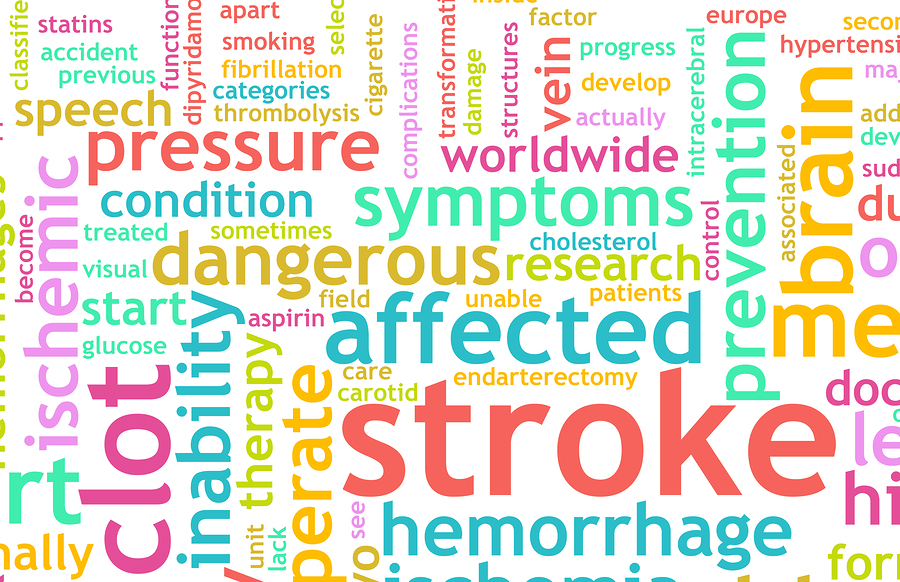
Stroke can be caused by a few different things. Sometimes a stroke is caused by a blood vessel in the brain breaking. Stroke can also be caused by a blood clot that occurs in the brain or one that travels to the brain from elsewhere in the body. After a stroke, doctors try to determine what caused it. Most of the time, they can figure it out. However, there are times when the cause just isn’t apparent. When that happens, doctors call it a cryptogenic stroke. Knowing more about cryptogenic stroke can help family caregivers to better care for an older family member.
How Do Doctors Decide a Stroke is Cryptogenic?
Before deeming a stroke cryptogenic, doctors will perform several medical tests to try to find an identifiable cause.
Possible tests the older adult will have include:
Brain Imaging: This includes a CT scan and/or an MRI.
Blood Vessel Imaging: Tests conducted to view blood vessels are carotid duplex, transcranial Doppler, and angiography.
Heart Evaluation: Doctors will look for possible causes of a blood clot in the heart using an echocardiograph.
Fewer strokes are identified as cryptogenic today than in the past. That’s because medical knowledge and techniques have advanced. As a result, doctors are more commonly able to determine what caused a stroke. However, there are still many cases of cryptogenic stroke.
Who is At Risk for a Cryptogenic Stroke?
The description of people who have strokes of unknown origins is very like the description of people who have a stroke for which the cause is determinable. They are usually older adults who also have risk factors for heart disease. Both men and women suffer from cryptogenic strokes. They seem to be more common in people who are Hispanic or African American.
Prognosis for Seniors After a Cryptogenic Stroke
The problem with not knowing the cause of a stroke is that it can make preventing another a little trickier. However, experts say that the outlook for people who have had a cryptogenic stroke is, on average, better than for other stroke survivors. Part of the reason for this is that cryptogenic strokes tend to be less severe.
Even though the long-term prognosis for cryptogenic strokes is somewhat better, there is still a risk of having a second stroke. In fact, second stroke occurs at a rate of 15 to 20 percent. Homecare can help to prevent a second stroke from occurring. Homecare providers can assist older adults to manage conditions that put them at risk for stroke, such as high blood pressure and diabetes, by reminding them to take their medications at the proper times. Homecare providers can also cook balanced meals that contain less sodium and use healthier ingredients.
Sources: https://www.stroke.org/-/media/stroke-files/cryptogenic-patient-facing-resources/a-patient-guide-to-understanding-strokes-of-unknown-cause-pdf-ucm477655.pdf?la=en&hash=FF11775C5E7EE4EE4FCCA443296050A83850211E
https://www.verywellhealth.com/cryptogenic-stroke-1746122
If you or an aging loved-one are considering Homecare Services in Michigan, please talk to the caring staff at Hope Senior Home Care today 313.881.3132.

